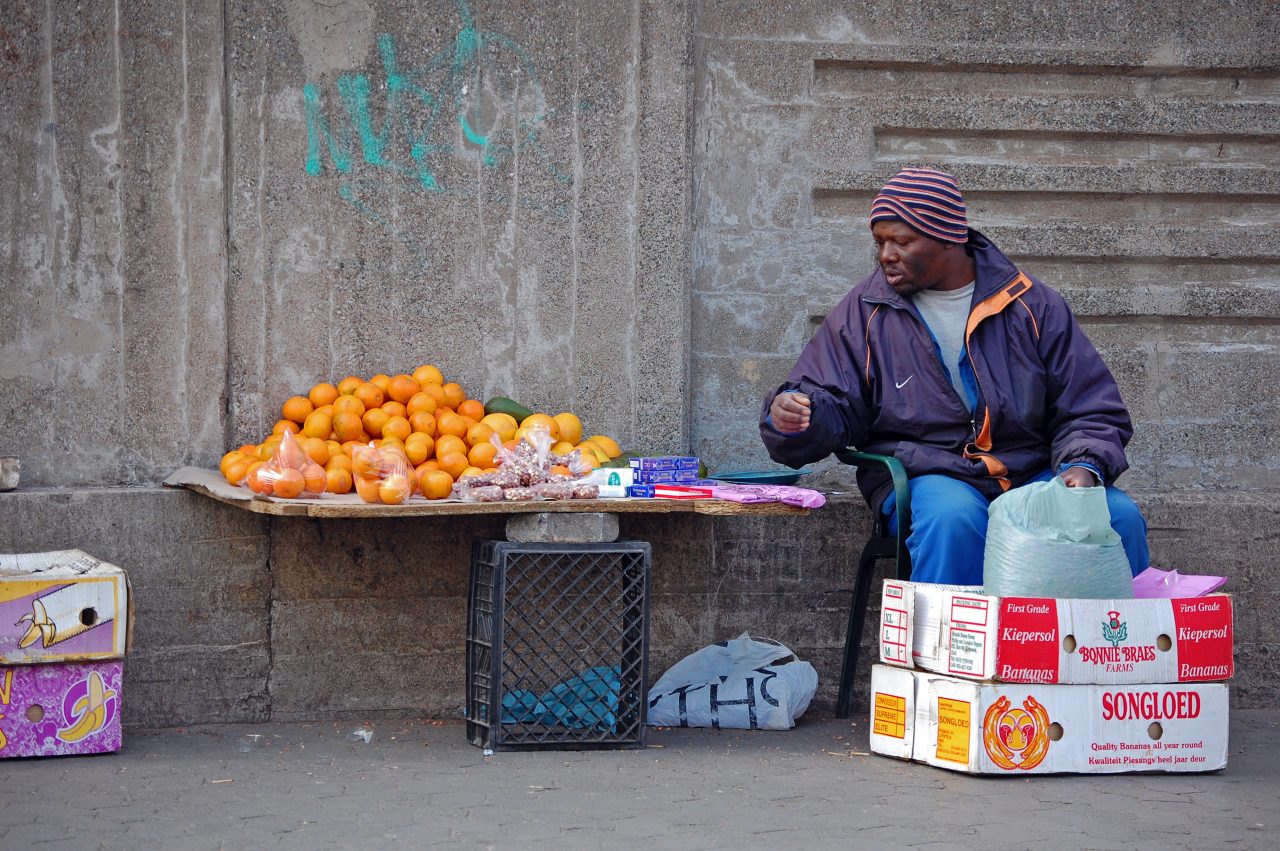Join GlobalBizzNetwork and start your international business network today.
Health food & drinks
Steady growth anticipated for consumer health
The challenging economic and socioeconomic environment, coupled with rising utility costs, left mass South Africans in a precarious position; constantly looking for alternate ways to fund their daily expenses and reduce non-essential spending. Electricity and fuel inflation further constrained consumers’ incomes, and in an attempt to reduce costs, South Africans reduced their visits to general practitioners and turned to self-medication/OTC medicines to treat minor ailments and prevent diseases. The above-mentioned conditions, coupled with price inflation, led to the consumer health market in South Africa witnessing current value growth of 11% in 2013.
Rise in Single Exit Price (SEP)
The Department of Heath announced an SEP increase of 6% in March 2013; this came after the 2012 upwards SEP adjustment of 2%. There have been no further announcements on the regulation of logistics fees and international benchmarking. August 2013 witnessed the submission of the Medicines and Related Substances Amendment Bill to Parliament; the Bill will replace the Medicines Control Council (MCC) with the South African Health Products Regulatory Agency (SAHPRA). The agency will have jurisdiction over medical devices, food, pharmaceuticals and cosmetics in South Africa.
Sports nutrition remains unregulated
Sports nutrition in South Africa remains unregulated, implying that consumers cannot be guaranteed that products will perform as they claim. The Consumer Protection Act (CPA), however, puts strict labelling regulations and increasingly stringent controls on sports nutrition products. This has put added pressure on the producers of sports nutrition to provide higher-quality products. Failure to adhere to product claims and the CPA could see players facing penalties from the South African Consumer Commission and Consumer Tribunal.
Adcock Ingram continues to dominate
Adcock Ingram continues to dominate the consumer health market in South Africa, holding an overall value share of 17% in 2013. The company’s extensive product portfolio and wide range of heritage brands has played a key role in maintaining its success. The company’s recent acquisition of the supplements company Nutrilida Healthcare in 2011 also helped to strengthen its leading position in vitamins and dietary supplements. The company’s strategic move to participate in economy OTC brands has allowed it to further entrench its position in the market. It is likely that over the forecast period the market will witness greater innovation, particularly in the form of line extensions of leading brands.
Stable forecast growth expected
The South African consumer health market is expected to see steady growth over the forecast period. Value growth may be attributed mainly to inflationary pressures arising from exchange rate and input costs. The demand for OTC products is likely to increase, however, as consumers, in an attempt to reduce everyday expenses, will continue to self-medicate rather than visiting a general practitioner for minor health concerns and preventable diseases.









